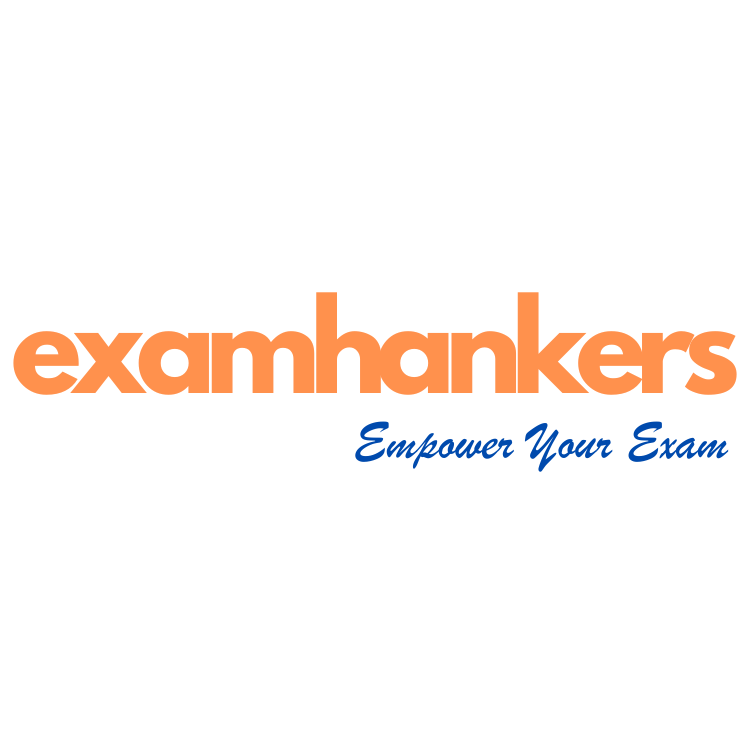Maximizing Your Study with Our Book Collection
Our extensive book collection serves as a vital academic resource, tailored to facilitate your learning experience across various subjects and courses. Students often face the challenge of finding the right materials to support their studies; therefore, selecting the most pertinent references from our collection is crucial. Begin by assessing your specific curriculum requirements and identifying the subjects where you seek additional assistance. This targeted approach will streamline your search and enable you to locate the texts that align with your educational objectives.
Once you have identified the necessary books, it is essential to adopt comprehensive reading strategies to maximize your understanding and retention of the material. Active reading techniques, such as annotating key passages, summarizing sections, and engaging with discussion questions, can significantly enhance your grasp of complex concepts. To further deepen your comprehension, consider integrating multiple sources. By contrasting viewpoints or methodologies presented in different texts, you will develop a more holistic understanding of the subjects at hand.
Additionally, we provide tailored reading lists designed specifically for different academic tracks, ensuring that students have access to the most relevant resources. These curated lists comprise foundational texts, advanced resources, and essential supplementary materials that cater to the diverse needs of our student body. Users of our platform have shared testimonials highlighting how these resources have not only improved their study habits but also positively influenced their overall academic performance. By systematically engaging with our book collection, students can better navigate their academic journey and achieve their desired goals.
Mastering Assignments and Previous Question Papers
Utilizing assignments and previous question papers is integral to effective coursework preparation. Assignments not only reinforce knowledge but also foster the development of critical thinking and problem-solving skills. When approaching assignments, students should start by thoroughly understanding the task requirements. Breaking down the assignment into manageable segments can help maintain focus and create a structured approach towards completion. Researching the topic diligently and formulating a clear thesis or argument are essential steps that encourage deeper engagement with the material.
Furthermore, the process of drafting and revising is invaluable. It allows students to articulate their thoughts clearly and encourages the refinement of their arguments. Seeking feedback from peers or instructors can also provide new perspectives and enhance the quality of the work. Emphasizing these strategies can lead to not only improved grades but also a greater understanding of the subject matter.
In addition to mastering assignments, reviewing past question papers serves as a vital tool for exam preparation. Familiarizing oneself with the types of questions that have been posed in previous assessments can alleviate exam-related anxiety. This practice allows students to identify recurring themes and formats, enabling them to approach the exam with increased confidence. Furthermore, analyzing past questions involves understanding the marking schemes, which can clarify how to allocate time effectively during the actual exam.
To enhance future performance, it is advisable for students to not only practice by answering previous papers but also to evaluate their responses critically. This reflective process helps them discern areas requiring further study and improvement. Time management is paramount in this phase; students should allocate specific periods for both assignment completion and past paper practice. Balancing these activities ensures they develop a comprehensive understanding of the coursework while effectively preparing for assessments.
